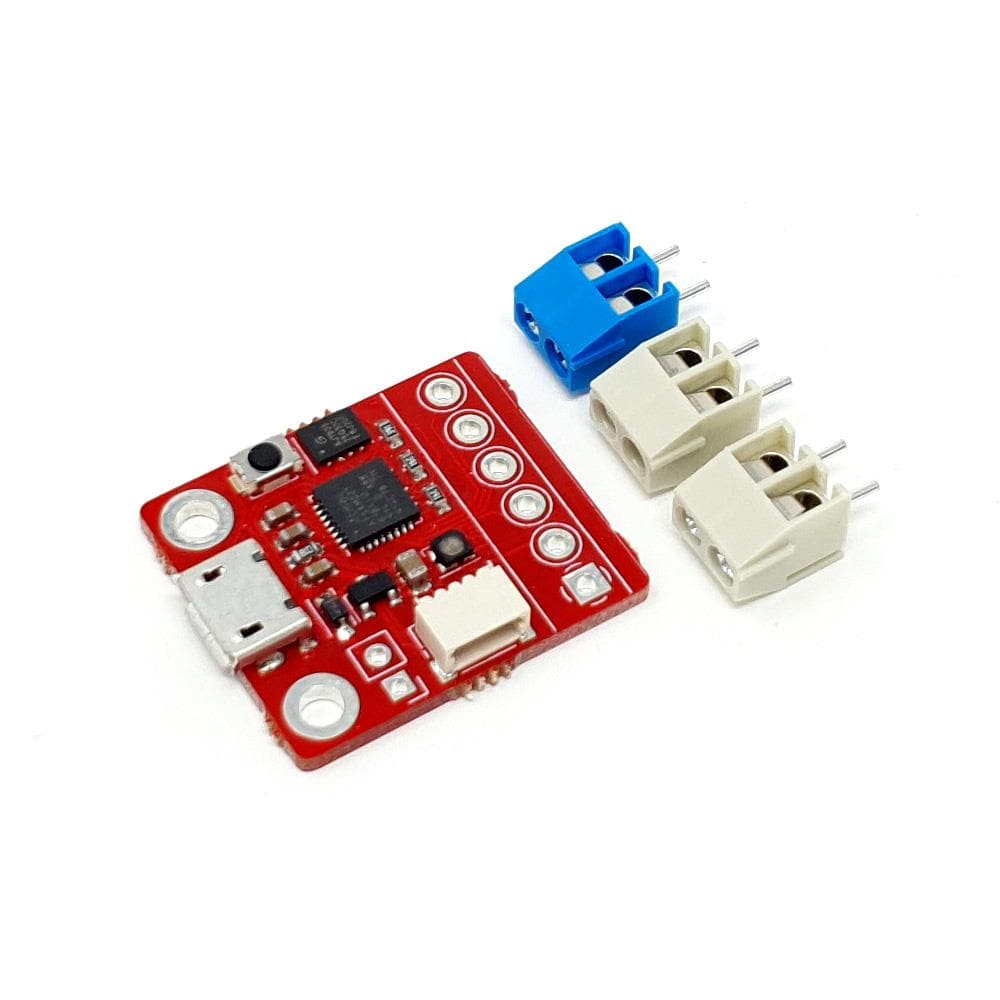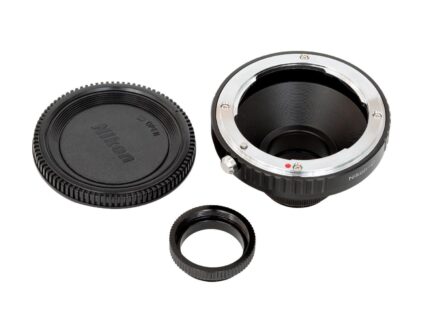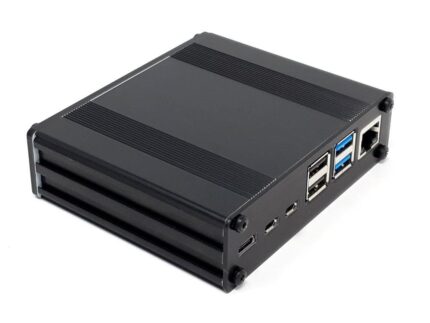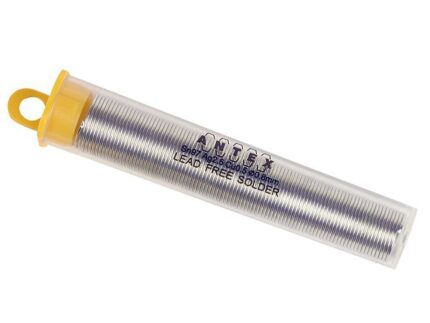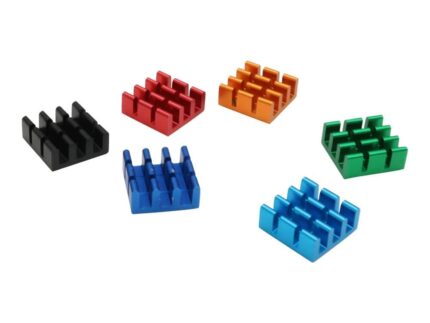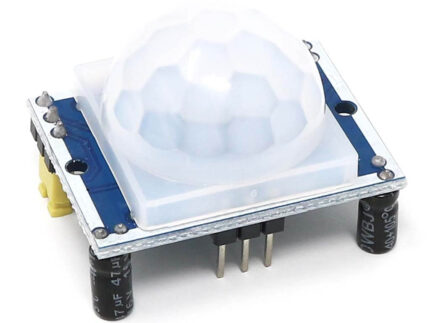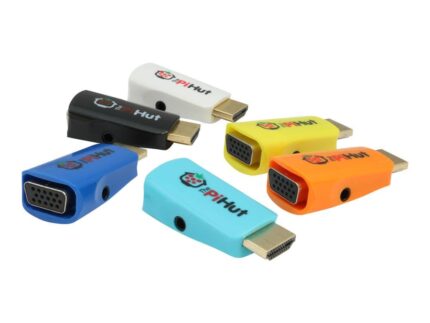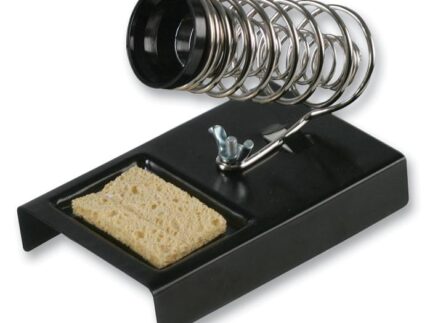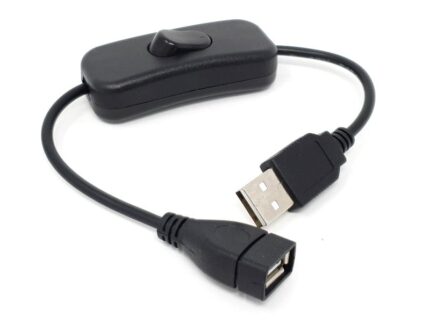FIDI – Super-fast CircuitPython Prototyping
GPIO, Analog, SPI, I2C, UART… just plug in anything!
FIDI is a small development board running Adafruit’s CircuitPython, featuring 6 terminal block connectors and a STEMMA connector, designed for fast prototyping.
It runs on the ATSAMD21 microcontroller, a 32-bit Arm Cortex M0+ clocked at 48Mhz, as found on many popular Arduino-compatible boards.
Convenient GPIO
Though FIDI only features 6 GPIOs, they can be configured as digital or analogue IOs, SPI, I2C, UART, or a combination thereof. Four of those GPIOs are available through terminal block connectors, allowing connections with a simple screwdriver. The two remaining GPIOs are available on a four-pin JST-SH connector, in an arrangement that is fully compatible with Adafruit’s STEMMA system. This allows you to quickly test sensors and other circuits without any soldering.
Simple Coding!
Thanks to CircuitPython, writing code for FIDI is super simple. Once connected to a computer with a simple USB micro connector, FIDI shows up as a USB drive where you can drag-and-drop or edit your python code.
Technical details
- A small size: it measures 25.4mm x 22mm (1″ x 0.86″)
- Microchip ATSAMD21E18A 32-bit Arm Cortex M0+ running at 48MHz, with 256KB flash, and 32KB RAM
- 4MB flash for CircuitPython code and other files,
- Six GPIOs, featuring SPI, I2C, UART, Digital/Analog IO, PWM, …
- 3.5mm terminal block connectors and one 4 pin JST-SH connector (qwiic).
- 3.3V logic level, maximum 200mA
- USB micro connection to PC
- User-controlled RGB LED
Resources
- Information page with connection and code examples
Pinout
